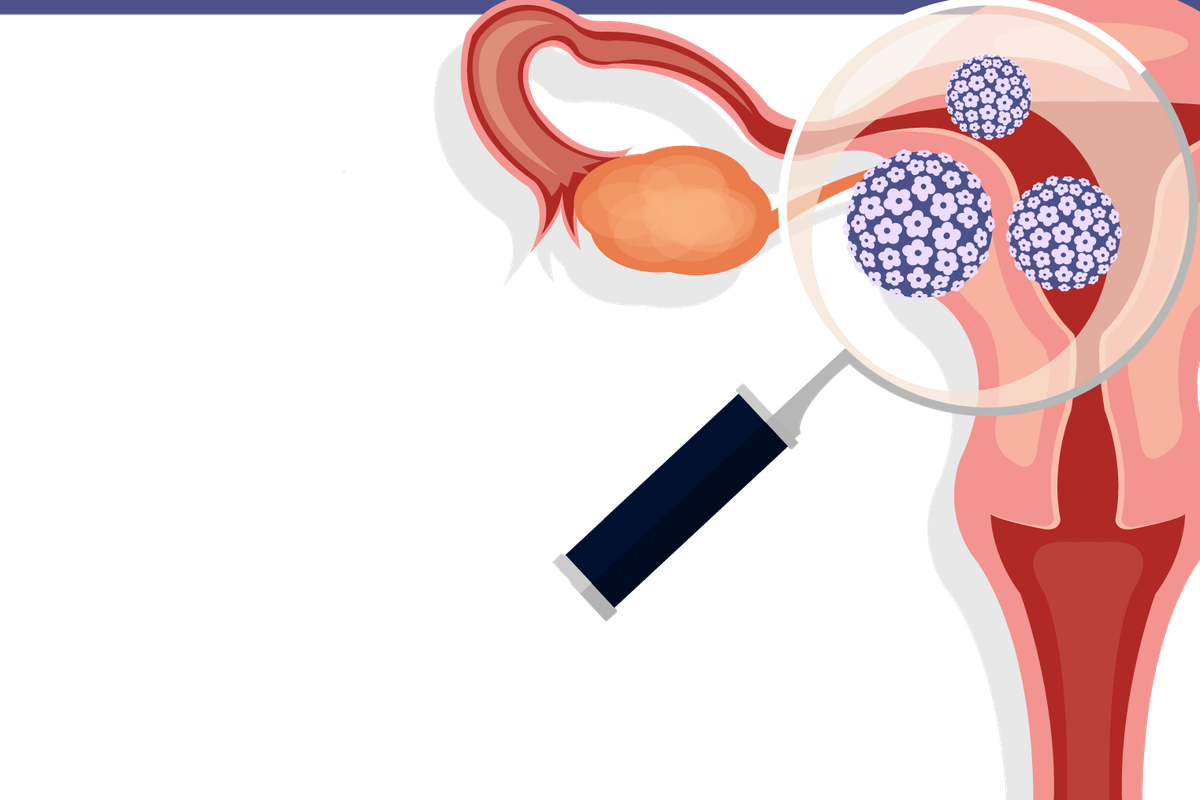
January is Cervical Cancer Awareness Month.
HPV (human papillomavirus) is very common — so common that almost all of us will get it at some point.
HPV infections often go away on their own, but the virus can cause some types of cancer.
-
Nearly all cervical cancers are caused by HPV, and the HPV vaccine works really well to prevent infection.
-
More than 9 out of 10 cancers caused by HPV can be prevented with vaccination
According to the World Health Organization, 140 countries have made HPV vaccines part of their national immunization programs. And it’s working.
-
Australia is on target to eliminate cervical cancer by 2035, with around 80% of children receiving at least 1 HPV vaccine by age 15 in 2022.
-
Scotland has had 0 cases of cervical cancer in women fully vaccinated against HPV at age 12 or 13 since the country’s vaccine program started in 2008.
-
Norway had 0 cases of cervical cancer caused by HPV in 25-year-olds who received the vaccine as children.
-
A study in Finland found that when 1 in 2 kids — not just girls — were vaccinated, most cancer-causing HPV types were wiped out.
Here in the United States, we still have work to do when it comes to HPV vaccination.
-
HPV vaccination rates in the U.S. are lower than in other countries
Just over 61% of 13-17 year olds in the U.S. were fully vaccinated against HPV vaccine in 2023. Compare this to vaccine coverage in these countries as of January 2024:
-
Norway 91%
-
Iceland 85%
-
Sweden 80%
-
HPV vaccination rates vary widely by state, and are generally lower in rural areas
-
Just 39% of adolescents were up to date on the HPV vaccine in Mississippi in 2022, compared to 85% in Rhode Island.
The HPV vaccine prevents cancer
Talk to your healthcare provider about protecting yourself or your children from cancer with the HPV vaccine.
-
The HPV vaccine is recommended by the CDC for routine vaccination at age 11 or 12 (but can be started at age 9).
-
The CDC also recommends HPV vaccination for everyone through age 26 if they weren’t vaccinated when they were younger.
-
Some adults ages 27 through 45 who weren’t vaccinated when they were younger may decide to get vaccinated.
This educational resource was created with support from Merck.
Credit : Source Post



